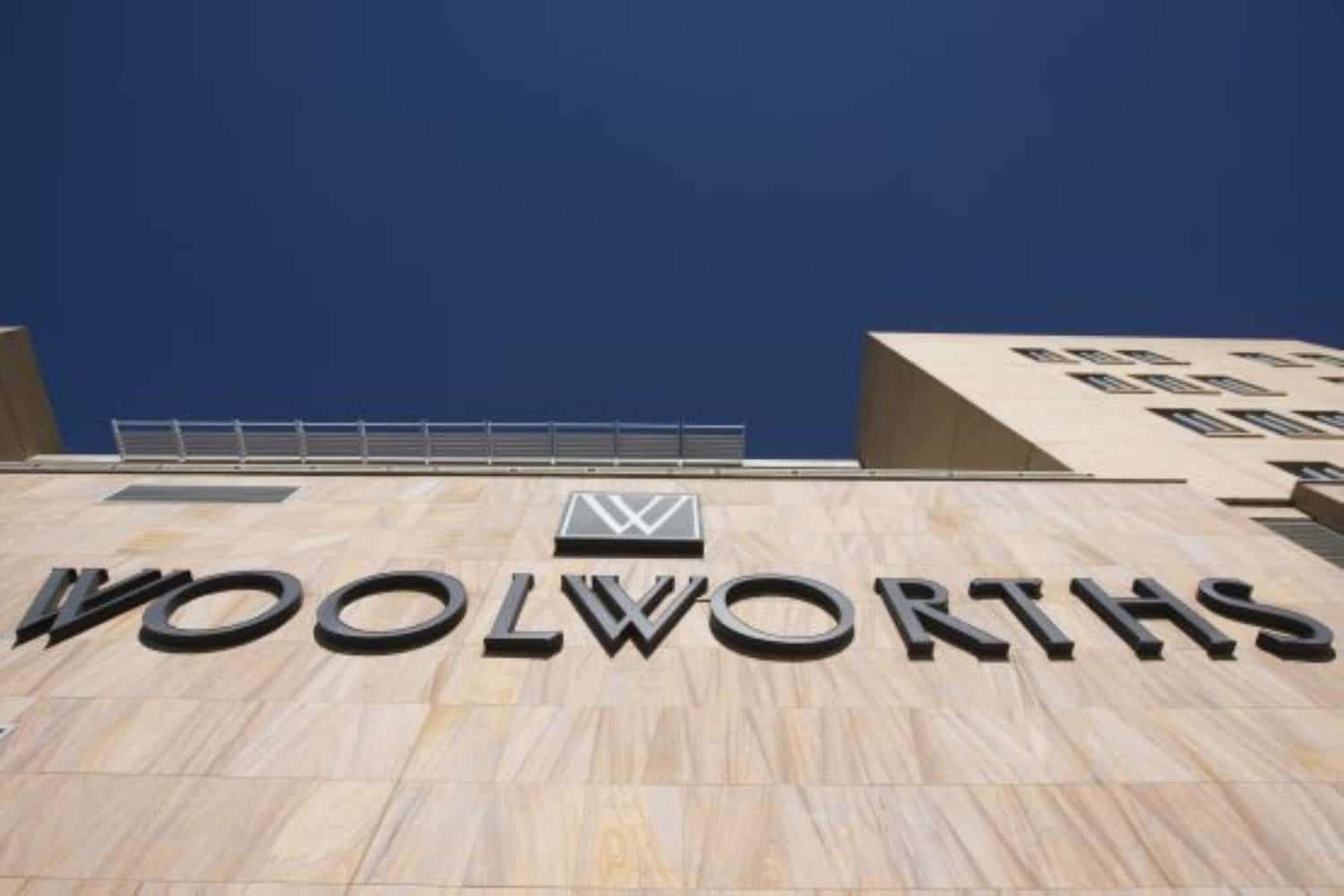Related to rights issue more than a decade ago.
Its 2014 acquisition of Australian department store David Jones has been labelled a “R20 billion blunder”, but Woolworths Holdings has now at least been vindicated over its value-added tax (VAT) treatment of the transaction.
The Supreme Court of Appeal (SCA) has held that a “comprehensive consideration” of an entity’s activities is required, rather than isolating a “single or a segregated” set of transactions.
It has dismissed – with costs – a South African Revenue Service (Sars) appeal against a Western Cape Tax Court ruling in favour of Woolworths Holdings’s VAT treatment at the time.
The acquisition was funded by cash, debt, and equity funding through a R10 billion underwritten rights offer.
Woolworths incurred VAT of R18.6 million in respect of professional services for the rights offer to local and foreign shareholders.
It deducted input VAT of approximately R8.5 million for services provided by local service providers, declared R15.5 million (foreign) for the services supplied by foreign (non-resident) service providers, and claimed R12.8 million of the cost.
ALSO READ: Woolworths Food remains the group’s star
The deduction claim was based on a tax opinion that the supply of the shares to residents was an exempt supply and the supply to non-residents was a zero-rated taxable supply.
Sars disallowed the R8.5 million input VAT claimed and levied a further VAT output tax of R28 373.90 on what it regarded as the correct value of the total imported services. This was in addition to the R15.5 million that had been declared by Woolworths.
The revenue service imposed an understatement penalty of R2 million.
Woolworths objected to the additional assessments and approached the Tax Court to appeal Sars’s decision to uphold only a portion of the objection relating to the output tax. The Tax Court upheld Woolworths’s appeal.
That court found that Woolworths conducts the enterprise of an active investment holding company and was entitled to the deductions.
Sars took that decision on appeal to the SCA.
ALSO READ: Woolworths is fighting many battles
Definition of ‘enterprise’
Sars contended before the SCA that the description of the services supplied by Woolworths to its subsidiaries as ‘capital management’ was an “obfuscation”.
The SCA found it difficult to understand this argument.
“No explanation is offered as to why activities relating to the investments and financial management of those investments must be ignored in the factual determination of the enterprise of Woolworths Holdings,” Judge Nambitha Dambuza noted.
Sars reasoned that prior to the acquisition of David Jones, Woolworths Holdings had not engaged in the activity of issuing shares in a “continuous, unchanged or uninterrupted manner” as an enterprise.
It reasoned that the rights offer was an “isolated activity”.
ALSO READ: Woolworths faces the eye of the storm
Dambuza said the definition of enterprise requires that the activity of the enterprise be conducted continuously or regularly.
It also provides for activity conducted in connection with the commencement or termination of the continuous activity to be deemed to have been performed in the “course or furtherance of the enterprise”.
She added that the inclusion of the proviso in the definition of enterprise demands a holistic consideration of the activities of the entity under consideration.
“The contention by Sars that a once-off transaction at the start of a business enterprise does not form part of the enterprise is incorrect.”
De Beers case ‘not the same’
In her decision, Dambuza noted that Sars placed much reliance on the De Beers case. The factual context in the Woolworths matter case was different.
In that case the SCA found that De Beers’s main trading activities were not the holding of shares and receipt of dividends, it was the mining and selling of diamonds from SA.
The submission on behalf of Sars in this case – that, based on the findings in the De Beers case, the holding of shares by Woolworths does not fall within the definition of enterprise – can only be based on a misreading of the De Beers judgment.
“This court in De Beers acknowledged that investments held by an investment company can conceivably be regarded, on their own, as an enterprise as envisaged in the VAT Act,” Dambuza said.
International case law
The SCA also considered international legislation and referred to the Kretztechnik AG v Finanzamt Linz case in the European Union – where the courts held that costs of raising capital by way of a rights offer formed part of Kretztechnik’s overheads and had a direct and immediate link with its entire economic activity.
“The undue focus by Sars on the specific mode of raising capital [the rights issue], and isolating that activity from the rest of Woolworths Holdings’ activities, makes little sense and would render this aspect of South African Tax Law incoherent both nationally and internationally.”
Joon Chong, partner at Webber Wentzel, says the SCA’s analysis of existing South African and international cases has significantly enriched the jurisprudence on this issue.
“The SCA held that a comprehensive holistic consideration of the vendor’s activities and a broad interpretation of any enterprise or activity in the definition of enterprise is required.”
Charles de Wet, tax executive at ENSafrica, says it is an important judgment from a VAT perspective.
“Since the De Beers judgment, there has been a narrow view of the VAT enterprise conducted by holding companies. It has now been confirmed that the activities go behind the holding of shares and earning of dividends that do not form part of any VAT enterprise.”
He adds that it should have a positive impact on the VAT apportionment rate that holding companies can apply.
This article was republished from Moneyweb. Read the original here.
